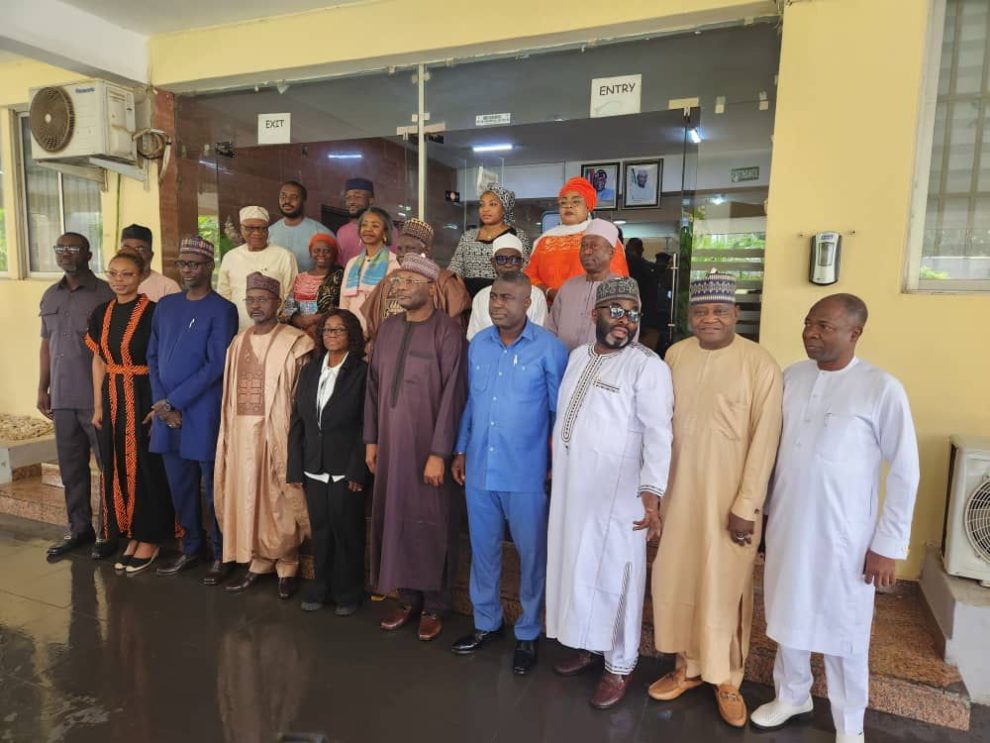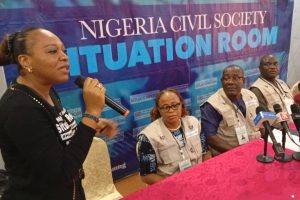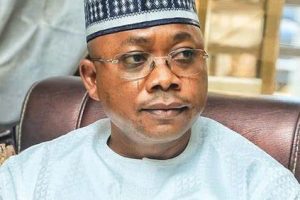ABUJA, NIGERIA – Nigeria’s Independent National Electoral Commission (INEC) on Monday, July 28, 2025, hosted a high-level delegation from the ECOWAS Network of Electoral Commissions (ECONEC). The visit, described as a post-election follow-up and needs assessment mission, aimed to review Nigeria’s implementation of recommendations made by the ECOWAS Election Observation Mission (EOM) following the country’s 2023 General Election.
The delegation was led by Mrs. Davidetta Browne-Lansanah, Chairperson of Liberia’s National Elections Commission and Head of the ECONEC Mission. She was accompanied by senior electoral officials from Ghana, the Acting Permanent Secretary of ECONEC, and experts from international development organisations including GIZ, EISA, and International IDEA.
Professor Mahmood Yakubu, INEC Chairman, welcomed the delegation, emphasising the mission’s “routine but critical” importance for democratic consolidation across West Africa. He noted that Nigeria frequently participates in similar peer missions, most recently to The Gambia in April 2025.
Professor Yakubu highlighted that ECOWAS had issued 37 recommendations after the 2023 elections, with 13 specifically directed at INEC and 24 towards other Nigerian stakeholders such as the National Assembly, police, political parties, and civil society. He stated that INEC has already taken administrative steps on the recommendations addressed to the commission and awaits legislative interventions for matters requiring legal reform. These reforms, he added, are integrated into INEC’s comprehensive 142-point electoral reform document.
Mrs. Browne-Lansanah expressed appreciation for INEC’s reception and openness, characterising the mission as a peer-to-peer learning platform. She noted that the challenges and solutions observed during Nigeria’s 2023 elections offer invaluable lessons for other electoral bodies in the region. She became emotional while recounting Nigeria’s support for Liberia’s electoral body, particularly INEC’s role in equipping Liberia’s National Elections Commission with ICT infrastructure.
“We came to understand how INEC has implemented our earlier recommendations and to learn from the experience. The issues you faced are not unique to Nigeria, they mirror what many of our institutions across West Africa encounter,” she said. Mrs. Browne-Lansanah commended Professor Yakubu and the INEC team for their commitment to democratic values and advancing electoral integrity across the West African region.
Analysis:
This visit underscores the ongoing regional efforts to strengthen democratic processes and electoral integrity in West Africa. The peer-to-peer learning model, where electoral commissions share experiences and best practices, is a key component of ECONEC’s strategy. Nigeria, as a regional power and a country with significant electoral experience, plays a crucial role in this exchange.
The focus on the implementation of recommendations from the 2023 general election highlights a commitment to continuous improvement and accountability. While INEC states it has addressed its administrative responsibilities, the reliance on legislative action for broader reforms indicates the complex interplay between electoral bodies, government, and civil society in shaping a robust democratic framework. The acknowledgement of Nigeria’s direct support to other nations, such as Liberia, further solidifies its position as a leader in regional electoral development.





Add Comment